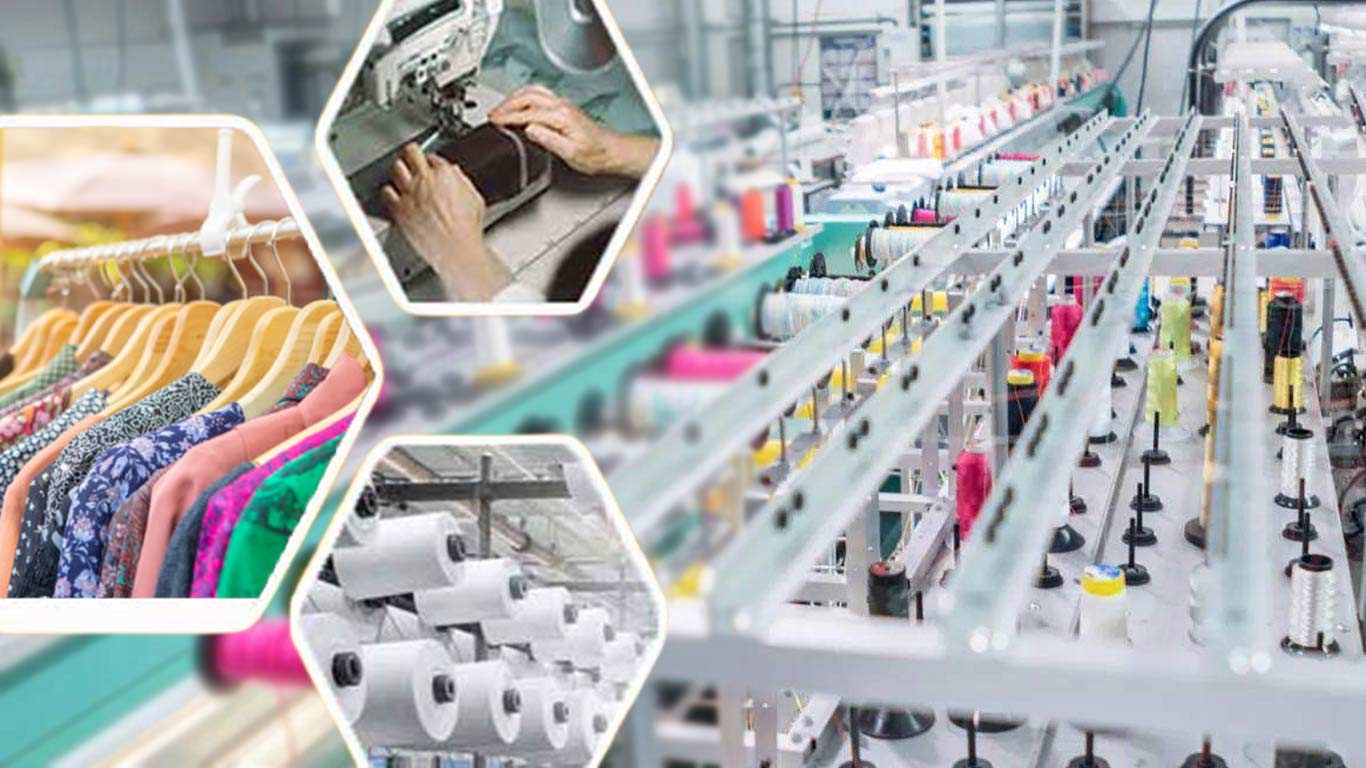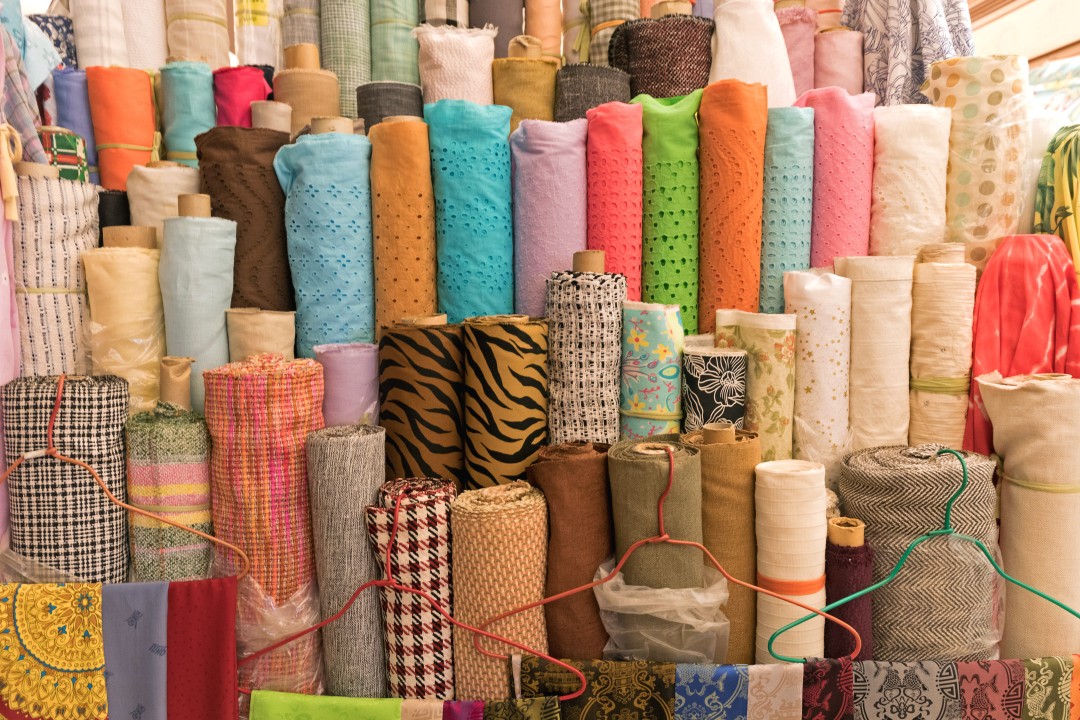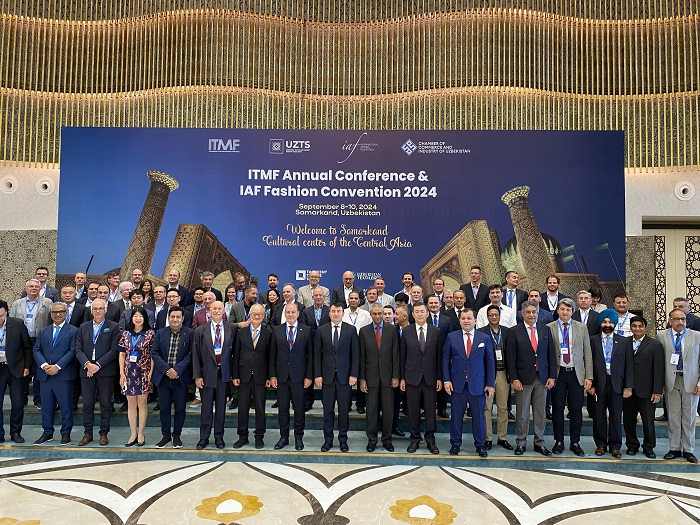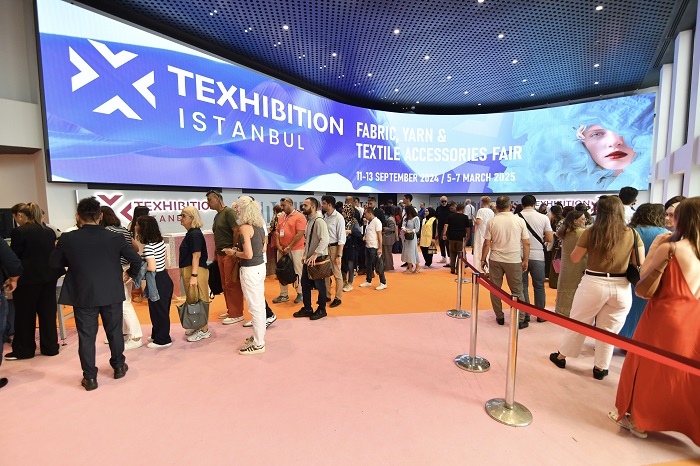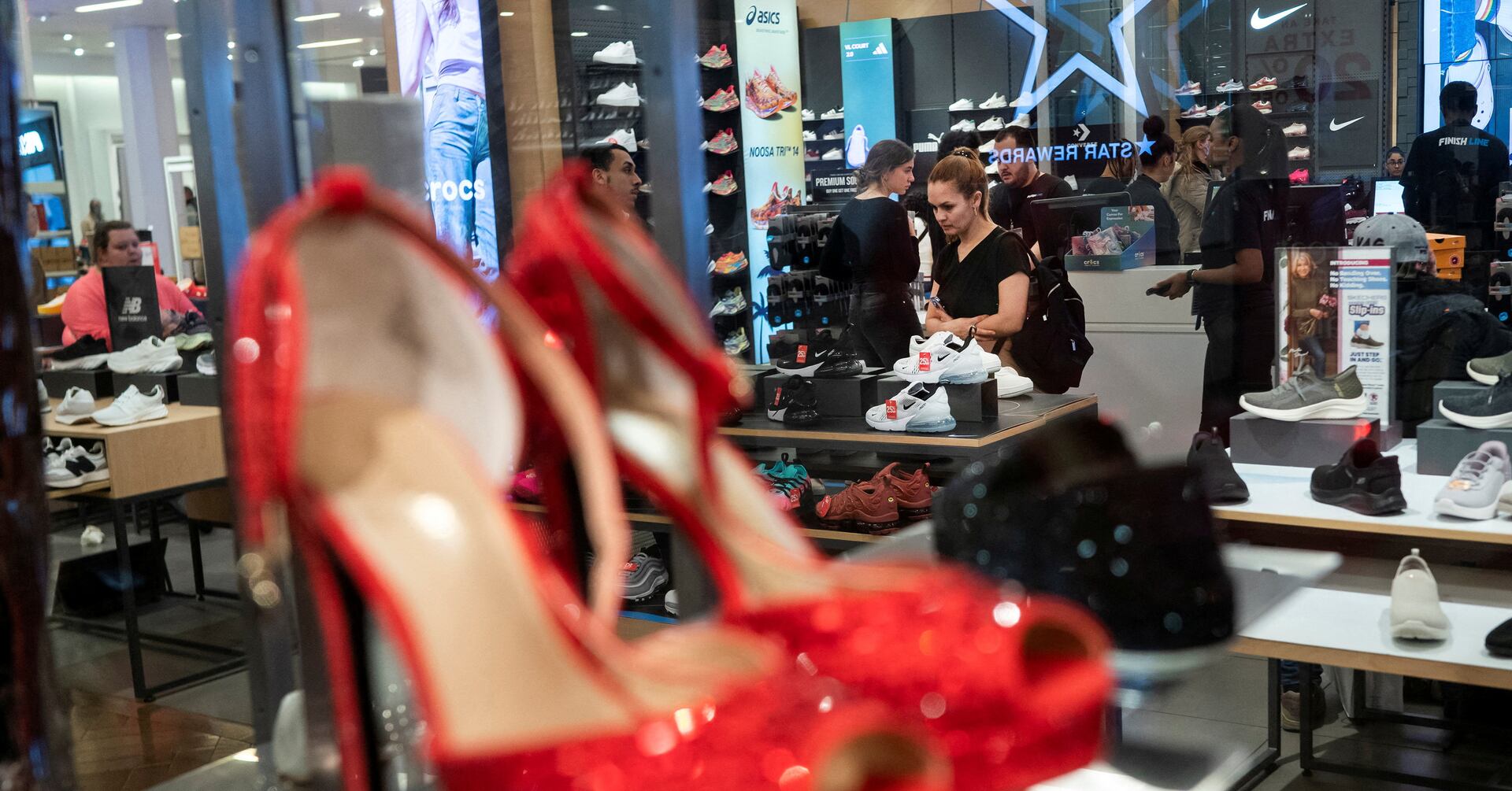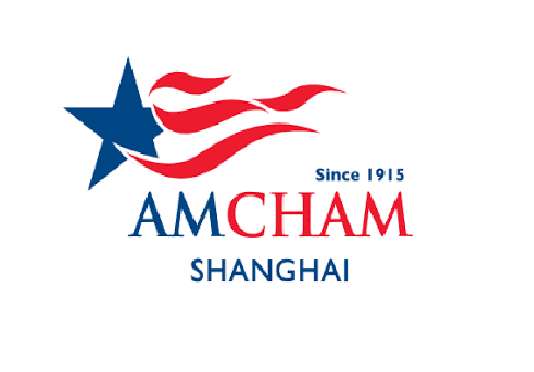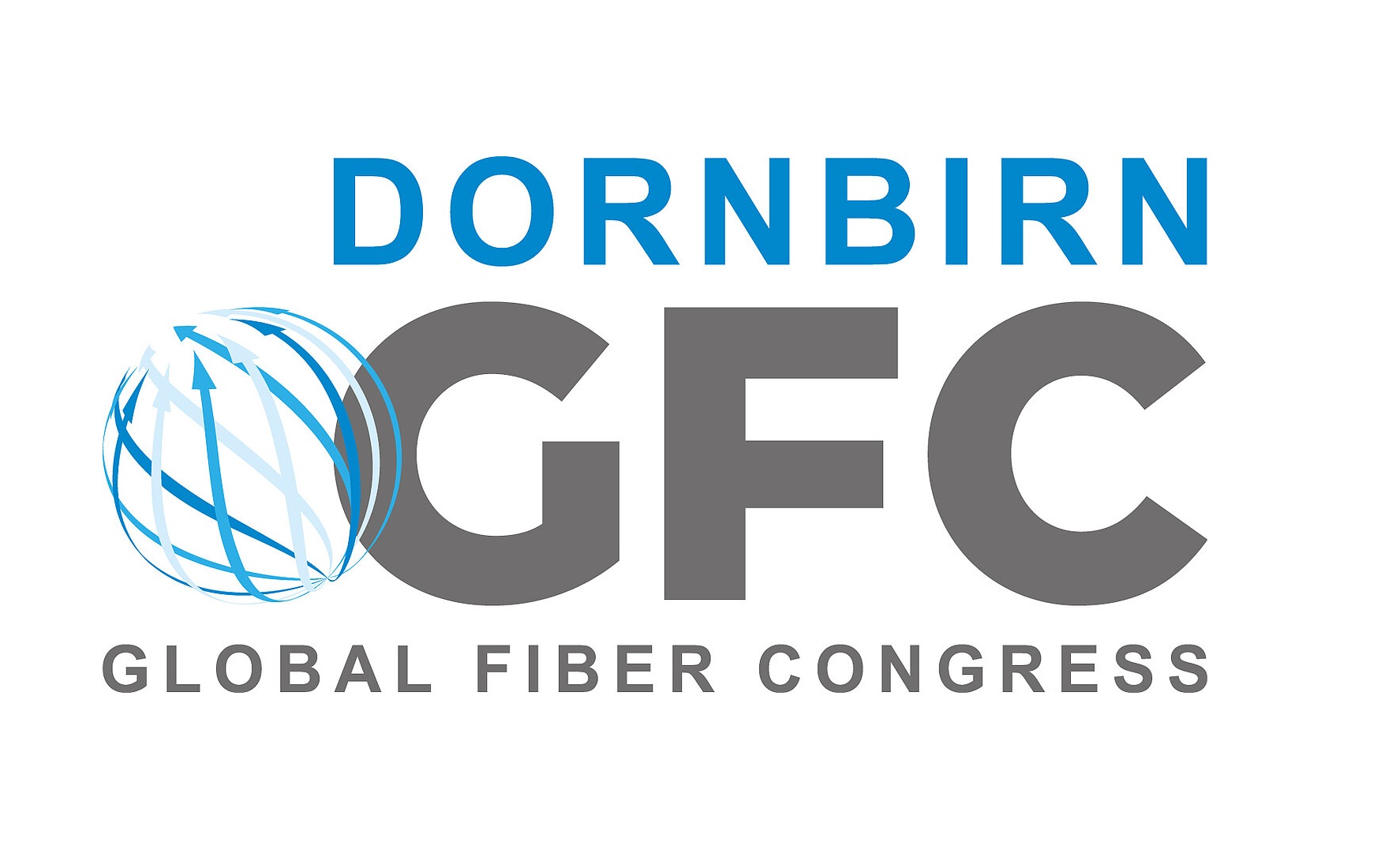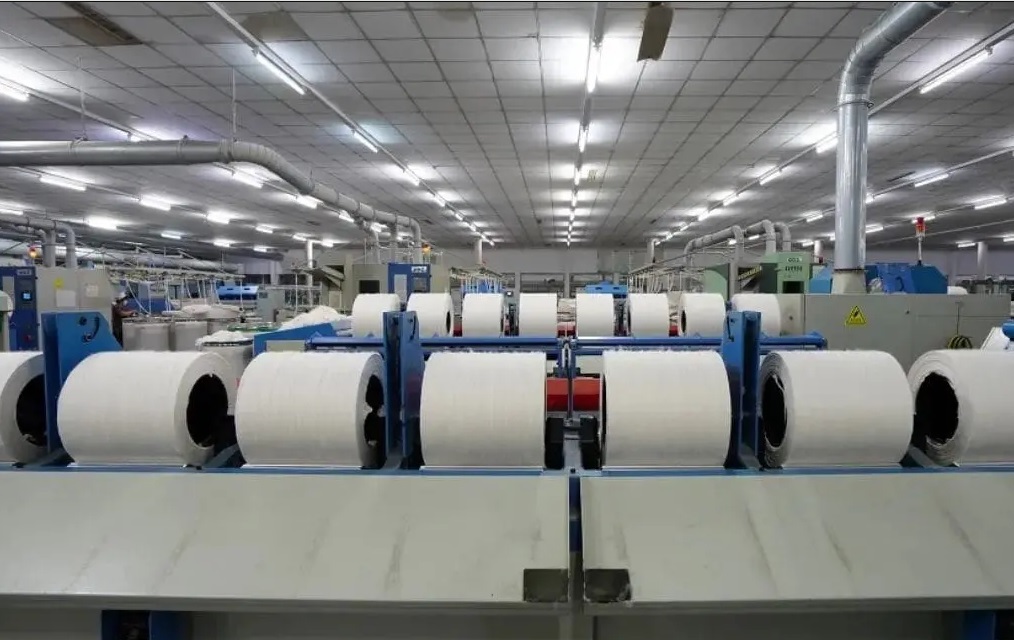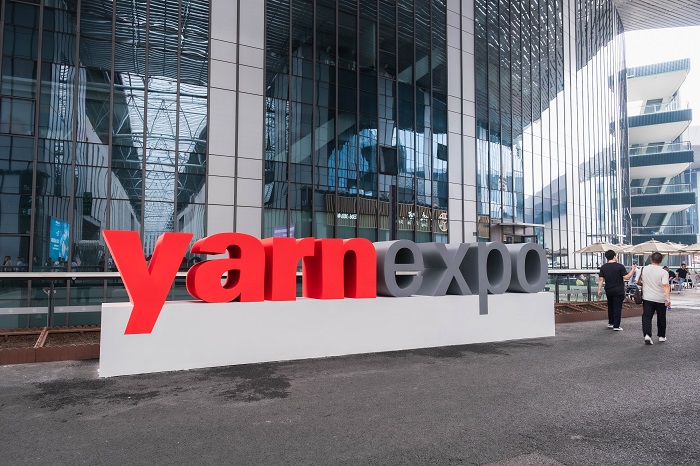FW
Export earnings from Sri Lanka’s apparel sector expanded by 3.29 per cent Y-o-Y to $414 million in July 2024 as against export earnings of $401.18 million in July 2023.
Sri Lanka’s exports to the United States grew by 5.47 per cent Y-o-Y to $183.21 million during the month while exports to the United Kingdom and other markets increased by 8.19 per cent Y-o-Y and 3.40 per cent Y-o-Y to $55.72 million and $60.82 million. However, exports to the European Union contracted by 2.16 per cent Y-o-Y to $ 114.63 million.
Cumulative export earnings from the sector contracted by 0.15 per cent Y-o-Y to Rs.2.67 billion during the first seven months, from Jan-July’24 as compared with the $2.68 million in the Jan-July 2023 period.
For the first seven months of the year, exports to the United States and European Union contracted by 1.52 per cent Y-o-Y and 4.09 per cent Y-o-Y.
Exports to the United Kingdom expanded by 7.18 percent Y-o-Y, while exports to other markets grew by 2.05 percent Y-o-Y.
Yohan Lawrence, Secretary General, Joint Apparel Association Forum (JAAF)notes, for sustained growth, government policies need to remain consistent and supportive, providing a stable environment for the sector to flourish. The industry needs to adapt to the market changes, add value and leverage e trade agreements to boost export growth in the coming months,he adds.
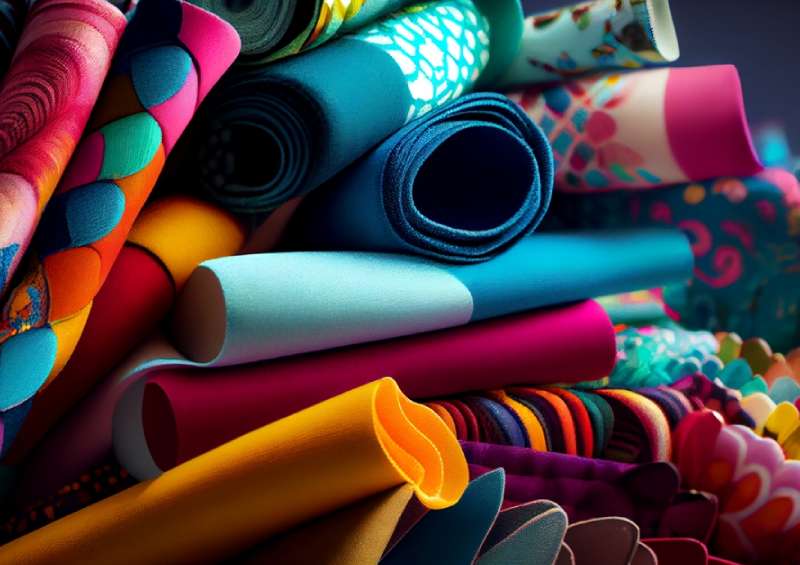
The Chinese textile industry recorded a mixed bag of results in July, with overall exports showing a slight month-on-month decline but maintaining a year-on-year growth trend. Latest customs data reveals the cumulative export volume for fibers, textiles, and apparel from January to July increased 9 per cent compared to the same period last year.
Finished fabric products lead growth
The finished fabric products segment saw strongest growth at 13 per cent. Apparel exports also fared well, with an 11 per cent increase. However, the fiber segment lagged behind, showing a year-on-year growth rate of only 3 per cent.
The report also highlights this year's export growth has been primarily due to overseas restocking efforts, achieved through lower prices rather than increased volumes. Factors such as pricing and exchange rates have impacted the overall export value.
Month-on-month decline in most categories
There has been a month-on-month performance drop for most categories, except apparel. The largest decreases were observed in Chapters 54 and 55, particularly in synthetic filament yarns, staple fibers and woven fabrics.
Year-on-Year growth, led by downstream categories
On year-on-year basis, most categories showed growth, with downstream categories like apparel and knitted fabrics leading the way. The upstream fiber segment exhibited relatively limited growth.
An analysis of categories with cumulative changes exceeding 10,000 tons from January to July reveals the following:
• Significant increases: Used clothing, woven fabrics made from synthetic filament yarns, and other knitted fabrics saw a combined year-on-year increase of 575,000 tons.
• Significant decrease: Synthetic filament yarns, particularly polyester filament POY and FDY, experienced a decline, with their cumulative export volumes falling by 146,000 tons and 106,000 tons, respectively.
Overall the Chinese textile industry's export performance in July presents a mixed picture. While total exports maintained a year-on-year growth trend, a month-on-month decline and structural shifts within the industry highlight the challenges and opportunities faced by Chinese textile exporters in the current global market.
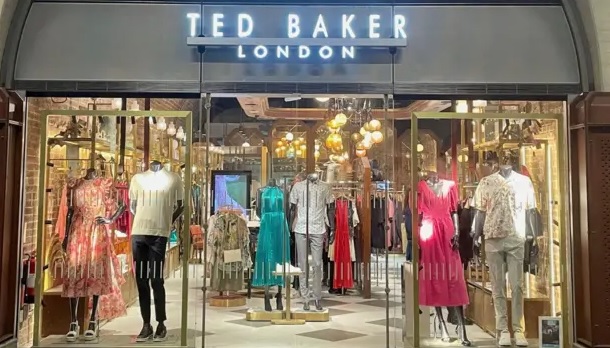
Once-thriving fashion label of the British high street, Ted Baker now stands as a cautionary tale in the fickle world of fashion. Its drop from grace, marked by financial struggles and store closures, serves as a poignant reminder of the challenges faced by established brands in an era of rapid change. But Ted Baker's story is not simply one of individual misfortune; it reflects broader trends that threaten many traditional retailers, particularly in the UK.
The perfect storm
Ted Baker's troubles began in late 2018 when its founder and CEO, Ray Kelvin, was accused of inappropriate behavior, including ‘forced hugging’. The resulting public outcry and Kelvin's subsequent resignation cast a shadow over the brand's image. This incident coincided with broader shifts in consumer behavior and the retail industry. The COVID-19 pandemic further exacerbated Ted Baker's challenges. Lockdowns and remote work led to a decline in demand for formal wear, a core part of Ted Baker's offering. The brand’s traditionally formal style and heavy reliance on brick-and-mortar stores left it ill-equipped to adapt.
Financial troubles deepened as sales dropped. Despite efforts to revitalize its image and embrace e-commerce, Ted Baker struggled to regain its footing. In 2023, it was acquired by Authentic Brands Group but the challenges proved insurmountable. In 2024, all remaining UK stores were closed, marking the end of an era.
Are British brands more susceptible?
While Ted Baker's downfall was influenced by unique circumstances, it also highlights vulnerabilities that many British brands face. The UK retail landscape is notoriously competitive, with high operating costs and a saturated market. The rise of fast fashion and online giants like ASOS and Boohoo has further intensified the pressure. The rise of e-commerce and changing consumer habits have contributed to the decline of traditional brick-and-mortar retail, impacting many established British brands. For example, Debenhams, a once-iconic British department store chain, collapsed in 2020 after failing to adapt to the changing retail landscape.
Brexit has also played a role, impacting supply chains and consumer sentiment. A report by the British Retail Consortium found that Brexit-related costs have added £1.5 billion annually to the UK retail industry. This burden disproportionately affects smaller and independent brands, limiting their ability to invest in innovation and adapt to market shifts.
The e-commerce challenge
Ted Baker's struggles also underscore the difficulties that established brick-and-mortar brands face in transitioning to e-commerce. Take Topshop, another British fashion retailer for example, it struggled to establish a successful online presence and ultimately went into administration in 2020. What’s plaguing them is:
Legacy systems: Many older brands have outdated technology and infrastructure that can hinder their ability to compete online.
Brand identity: Shifting from a physical to a digital presence requires careful consideration of how to maintain brand identity and customer experience.
Competition: The online marketplace is crowded and highly competitive, with established players and new entrants vying for market share.
A McKinsey study found that only 20 per cent of traditional retailers have fully integrated their online and offline channels. This lack of omnichannel capability leaves them at a competitive disadvantage, unable to provide the seamless shopping experience that consumers now demand.
The story of Ted Baker is a complex one, with no easy answers. It serves as a warning to all brands, regardless of origin, that complacency and failure to adapt can be fatal. The challenges of a changing retail landscape, coupled with internal missteps, proved too much for this once-beloved fashion label. While British brands face particular hurdles, they are not alone in struggling to navigate the new retail reality. Those that survive and thrive will be the ones that embrace change, innovate, and connect with consumers in meaningful ways.
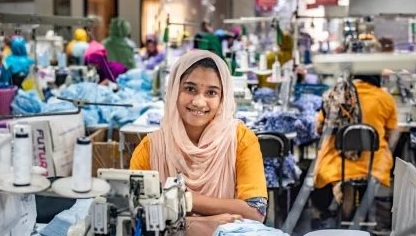
Amidst recent political unrest and labor concerns, nine global organizations representing over 3,000 fashion brands and retailers have made a united appeal to international buyers: Keep sourcing from Bangladesh. In a joint statement, these organizations, whose members include industry giants like H&M, Inditex, and C&A, have called for buyers to avoid cancelling orders or penalizing delayed shipments from Bangladesh. The appeal emphasizes the need for stable partnerships, ethical sourcing practices, and labor rights safeguards as the nation navigates a period of significant transition.
Business at stake
The Bangladeshi garment industry, a strong pillar of the economy, has already experienced significant losses amidst the recent protests and political upheaval. Factory closures in the lead-up to the government-mandated holiday on August 7 resulted in an estimated loss of $150 million per day. The organizations' statement highlights the importance of ongoing orders to prevent further economic damage and protect the livelihoods of millions of workers.
As per some estimate, Bangladeshi garment industry has suffered losses over $1 billion due to recent events. While some factories have resumed operations, uncertainties persist regarding the overall impact on the sector. The statement's emphasis on avoiding order cancellations and penalties reflects the urgent need to stabilize the industry and protect workers' incomes.
Call for ethical sourcing
The joint statement goes beyond simply urging continued sourcing. It stresses the importance of responsible purchasing practices, transparency, and collaboration with suppliers. It also calls for a focus on labor rights and safety to mitigate the adverse effects of the recent protests. This underscores the growing emphasis on ethical sourcing within the global fashion industry and the need for brands to uphold their commitments even in challenging circumstances.
The situation in Bangladesh remains fluid, but the collective voice of global organizations offers a glimmer of hope for the nation's garment industry. The appeal for continued sourcing, paired with the emphasis on ethical practices and labor rights, highlights a potential path forward. It's a call for solidarity, resilience, and responsible business practices that benefit both brands and workers alike.
The ITMF Awards 2024 honoredinnovative achievements in two categories: Sustainability & Innovation and International Collaboration. Winners will present their projects at the upcoming ITMF & IAF Conference 2024 in Samarkand, Uzbekistan, from September 8-10.
The ITMF Sustainability & Innovation Award recognized significant advancements in sustainable textile practices. The 2024 winners include GuoWang High-Technique Fiber Company (China) for low-carbon innovations in the PET fiber industry, HeiQAeoniQ Holding AG (Switzerland) for hyperscalingHeiQAeoniQ, and Samsara Eco (Australia) for infinite plastic recycling solutions for end-of-life textiles.
The ITMF International Collaboration Award highlighted efforts in global cooperation aligned with the 17 Sustainable Development Goals. Winners include DITF (Germany) and RBX Creations (France) for developing next-generation cellulosic filaments from hemp, and HKRITA (Hong Kong, China) for their innovative contributions.
These awards underscore the textile industry's commitment to sustainability and international collaboration, driving progress towards a more sustainable future.
Sympatex Technologies, a global leader in sustainable functional textiles, will showcase its latest advancements at the Lineapelle fair in Milan from September 17-19, 2024. Known for its commitment to sustainability, Sympatex will introduce two innovative products aimed at revolutionizing footwear performance and eco-friendliness.
The first, moisture-tech by Sympatex, offers rapid sweat absorption and quick drying, reducing heat inside shoes by 45 per cent. This innovation not only minimizes blister formation but also eases heat stress, enhancing comfort for the wearer.
The second, non-woven technology, eliminates the use of polyurethane foam in laminates, replacing it with 100 per cent recycled polyester. This switch has led to a 10 per cent reduction in carbon dioxide emissions and a 15 per cent decrease in water consumption, without compromising performance or durability. The life cycle analysis (LCA) confirms that this innovation significantly reduces environmental impact.
Kim Scholze, CSO of Sympatex, expresses enthusiasm about presenting moisture-tech and non-woven technology at lineapelle. These innovations are seen as a decisive step toward creating fully recyclable, mono-material laminates that prioritize environmental sustainability while providing superior comfort and durability.
Yasemin Malcolm, Product Manager Footwear at Sympatex, notes that the new non-woven laminates are more resource-efficient, advancing the company's goal of creating fully recyclable, mono-material laminates while also enhancing technical performance.
Sympatex's participation at Lineapelle 2024 underscores its dedication to sustainable innovation in the footwear industry.
Net sales of US-based fashion retailer, The Buckle, Inc declined by 5.3 per cent to $544.9 million during H1, FY24 as against $575.3 million during the corresponding period last year that ended on July 29, 2023.
The company’s comparable store net sales declined by 7.7 per cent for the 26-week period, compared to the equivalent period ending Aug 5, 2023. Its online sales plummeted by 14.2 per cent to $81.4 million from $94.9 million in the corresponding period of the previous year.
The company’s net income for H1 FY24 declined to $74.1 million compared to $88.6 million in the corresponding period last year.
In Q2, FY24, The Buckle, Inc registered a 3.4 per cent decline in net sales, totaling $282.4 million as against $292.4 million recorded during the same quarter in the previous fiscal year. The company’s comparable store net sales declined by 6.6 percent, while online sales lowered by 15.2 per cent to $37.0 million, compared to $43.6 million in the corresponding period of the previous year.
The company also registered a decline in net income to $39.3 million during Q2 FY24 as against $45.6 million as against Q2, FY23.
Aberchrombie & Fitch has appointed Andrew Clarke, Global President, Mars Snacking, as the company’s new board member.
Having started his career at Marks & Spencer, Clarke has over 30 years of experience in consumer-focused industries, with the last 24 years at Mars in roles of increasing responsibility. He started his career at Mars as head-UK sales before moving onto to various general management and regional roles across Europe and Latin America.
He later assumed a global role as chief customer and marketing officer before moving into his current position
In addition, he spent more than nine years in the Mars leadership team.
A US-based youth apparel retailer, Abercrombie & Fitch Co operates a family of brands, including Abercrombie & Fitch and Hollister.
According to the company’s most recent trading update in May, it recorded a sixth consecutive rise in revenue to $1 billion, with profit improving on fewer promotions and clearance deals.
Same-store sales at the Abercrombie’s bespoke brand increased by 29 per cent during the quarter while the comparable store sales of Hollister expanded by 13 per cent.
Worth approximately $1.552 billion in 2023, the global wool worsted yarn market is projected to grow at a CAGR of 5.3 per cent from 2024-30 to reach $2.19 billion by 2030.
A market research report titled, ‘Global Wool Worsted Yarn Market Report 2023- 2029’ by QY Research, shows, the market is on a growth trajectory, with demand driven by its application in high-quality and durable textiles.
Some of the key players in the global wool worsted yarn market include Suedwolle Group, Zhejiang Xinao Textiles, Indorama Ventures, ZegnaBaruffa Lane Borgosesia, Yünsa, Jiangsu Lugang Culture, Zhejiang Zhengsong Textiles, Novita, E.Miroglio, and BoynerSanayi. In 2022, these top five companies accounted for approximately 81 per cent of the market's revenue.
Growth of the global wool worsted yarn Market is currently being driven by the consumers' growing preference for high-quality, durable textiles. Known for its luxurious feel, warmth, and longevity, wool worsted yarn appeals to consumers seeking premium products.
The versatility of wool worsted yarn makes it a staple in the fashion and textile industry. Designers and manufacturers continue to incorporate it into various collections, supporting its ongoing demand.
The relatively high production costs of wool worsted yarn pose a challenge in price-sensitive markets. Consumers in these regions may opt for cheaper alternative fibers, impacting the adoption rate of wool worsted yarn.
Blended yarns that combine wool worsted yarn with other fibers present a significant opportunity for the market. These blends can enhance yarn properties, offer unique textures, improve affordability, and cater to a broader market.
The rise of e-commerce platforms offers a chance to expand the global reach of wool worsted yarn. Online retail channels provide easier access for manufacturers and retailers, allowing them to tap into markets with limited traditional distribution.
As consumer demand for sustainable products grows, emphasising the eco-friendly, biodegradable nature of wool worsted yarn will continue to attract environmentally conscious buyers.
Despite the recent curfew and violent outbursts across the country, the impact of the civil unrest on Bangladesh’s apparel industry appears to be minimal, says MostafizUddin, CEO, Denim Expert and Organiser, Bangladesh Denim Expo. According to Uddin, following a month-long protest, all apparel factories in the countryreopened as of Aug 06, 2024.
With the nationwide curfew lifted in the first week of August, and most of the nation’s activities resuming normal operations, all apparel factories across the country, including those in Export Processing Zones are operating at full capacity, Uddin states.
With a population of approximately 170 million, Bangladesh is heavily dependent on its garment industry, which provides employment for about eight to ten million people, especially women. In recent years, the industry has become highly dynamic and agile, serving as a key unifier for the country by bringing vital export earnings, prosperity, and empowerment to millions of its citizens.
The industry has also improved its purchasing practices over the past decade. Additionally, it has addressed issues like best practices and corporate responsibility within supply chains. This has resulted in an improved collaboration between suppliers and brands, he adds.
One of the world's major garment manufacturing hubs, Bangladesh has faced significant challenges in recent weeks. In mid-July 2024, widespread unrest and violence erupted, resulting in the deaths of 300 people protesting against Prime Minister Sheikh Hasina, who has led the country for the past 15 years. Despite these difficult circumstances, the apparel manufacturing industry in Bangladesh continues to remain fully operational, Uddin adds.

